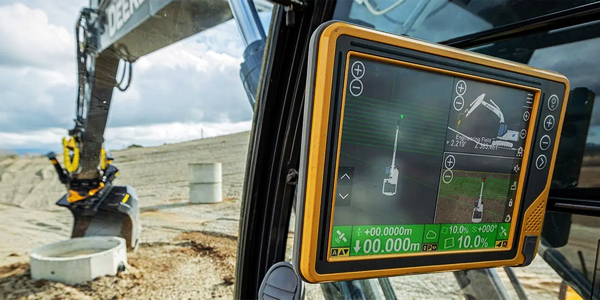Construction machinery plays a vital role in modern construction projects. The number and type of machines directly influence the pace and efficiency of project execution. For project contractors, machinery represents a significant investment and is often the key to meeting tight construction schedules.
Every year, the months of March and April mark the peak of demand in the construction machinery market. During this period, many contractors procure machines such as excavators, bulldozers, loaders, graders, milling machines, and concrete pump trucks to accelerate progress after the Chinese New Year holiday.
Given the high value of construction equipment, effective utilization is essential. Poor scheduling can result in idle machines, wasted resources, and even project delays. Additionally, theft of construction equipment remains a pressing concern, often leading to considerable financial losses.
To address these issues, the industry is embracing smart solutions. Many construction machinery manufacturers have begun integrating intelligent management systems into their equipment. As digital technology continues to evolve rapidly, the application of information technologies such as GPS-based positioning and control systems is now widespread in the construction machinery sector.

Installing GPS trackers on construction equipment provides two major advantages:
Firstly, project managers can monitor real-time locations and operational statuses of machines via a centralized platform. This includes movement paths, active working hours, and fuel consumption metrics. Such detailed insights enable supervisors to detect improper usage and ensure operators comply with safety and efficiency protocols—ultimately lowering operational costs.
Secondly, GPS trackers are equipped with advanced security features such as geofencing alerts and tamper detection. When a machine exits its designated area or if the tracker is forcibly removed, immediate alerts are sent to authorized personnel. These functions significantly reduce the risk of theft and unauthorized use, helping protect high-value assets on the job site.
As technological innovation continues to progress, the use of GPS systems in construction machinery is becoming increasingly commonplace. GPS integration not only enhances equipment security but also accelerates the industry's shift toward intelligent, data-driven management.







